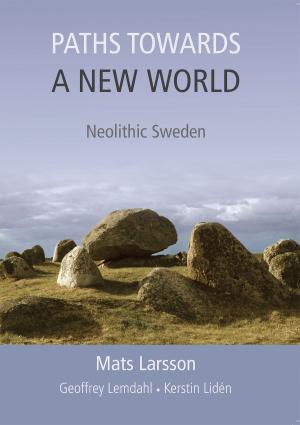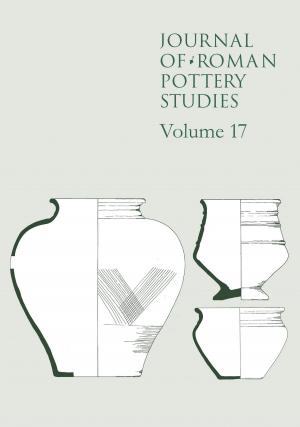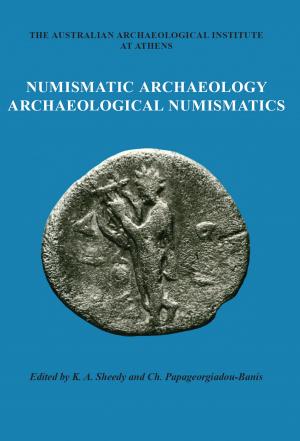The Rhyton from Danilo
Structure and Symbolism of a Middle Neolithic Cult-Vessel
Nonfiction, History, Eastern Europe, Social & Cultural Studies, Social Science, Archaeology| Author: | Omer Rak, Theresa Alt, Wayles Browne | ISBN: | 9781842175767 |
| Publisher: | Oxbow Books | Publication: | February 28, 2011 |
| Imprint: | Oxbow Books | Language: | English |
| Author: | Omer Rak, Theresa Alt, Wayles Browne |
| ISBN: | 9781842175767 |
| Publisher: | Oxbow Books |
| Publication: | February 28, 2011 |
| Imprint: | Oxbow Books |
| Language: | English |
The so called rhyton from Danilo, an archaeological site near the coastal town of Sibenik in Dalmatia, Croatia, is a four-legged Neolithic vessel made of fired clay that according to the consensus of archaeological opinion was most likely a cult vessel used in rituals of unknown origin and content. "Danilo Culture" is the eponymous name bestowed on a culture flourishing in the period from about 5500-4500 BC at Danilo and at some neighbouring sites. This culture had great influence along the eastern Adriatic coast and its hinterland and produced a significant number of these vessels. Rhyta, which other Neolithic cultures also made, were dispersed throughout a vast area of southeast Europe, from Greece to the Alps. This book is an in-depth study of that mysterious, prehistoric archaeological artifact which, due to its antiquity, structure and symbolism, has become a kind of universal proto-matrix for all relevant mythological and spiritual structures of the Mediterranean zone of later, historic times.
The so called rhyton from Danilo, an archaeological site near the coastal town of Sibenik in Dalmatia, Croatia, is a four-legged Neolithic vessel made of fired clay that according to the consensus of archaeological opinion was most likely a cult vessel used in rituals of unknown origin and content. "Danilo Culture" is the eponymous name bestowed on a culture flourishing in the period from about 5500-4500 BC at Danilo and at some neighbouring sites. This culture had great influence along the eastern Adriatic coast and its hinterland and produced a significant number of these vessels. Rhyta, which other Neolithic cultures also made, were dispersed throughout a vast area of southeast Europe, from Greece to the Alps. This book is an in-depth study of that mysterious, prehistoric archaeological artifact which, due to its antiquity, structure and symbolism, has become a kind of universal proto-matrix for all relevant mythological and spiritual structures of the Mediterranean zone of later, historic times.















